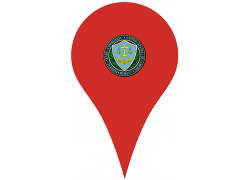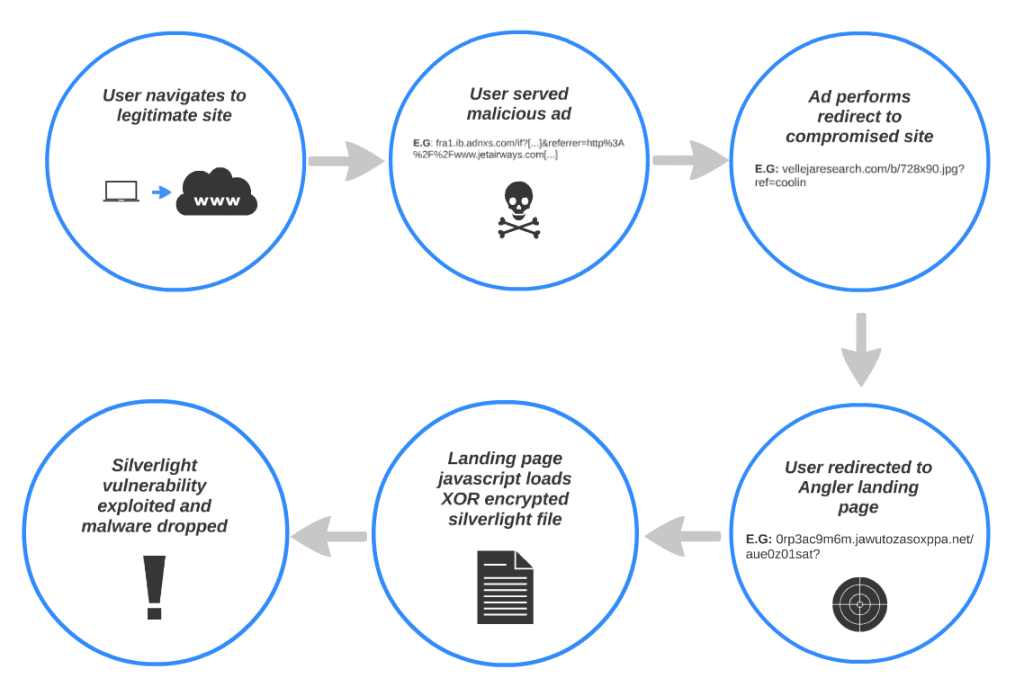One of the more interesting stories to come out this week is from Brian Krebs over at Krebsonsecurity.com. Writing on Friday, Krebs used his prodigious knowledge of the cyber underground to profile “GoodGoogle,” one of a growing number of specialized online fraud services that helps e-commerce firms target competitors by gaming Google’s AdWords feature. As you probably know, AdWords are one of Google’s biggest sources of revenue. They allow companies with products or services to sell to “bid” on words or phrases (like “Internet of Things”). Users who search on those terms will see hyperlinked ads to the right of their search results that link to a site of the advertiser’s choosing. Advertisers pay a premium to own popular (and lucrative) keywords – more than $40 per click for keywords like “loan,” “insurance,” “mortgage” or “attorney” depending on the word and time of day. Typically, advertisers set a certain daily budget […]
Advertising
This Week In Security: Poking Holes In Two Factor Authentication
It was another busy week in the security world. There was big news on the legal front, as The U.S. Supreme Court took steps to protect the data stored on mobile devices from warrantless searches by police. (That’s good news.) But the week also plenty of concerning stories about the security of data stored on mobile phones, tablets and the like. One of the stories that gained a lot of attention was DUO Security’s report on a flaw in PayPal’s two factor authentication feature that could expose the accounts of security-conscious PayPal users. As The Security Ledger reported, DUO researcher Zach Lanier discovered a flaw in mobile APIs published by PayPal that would allow anyone with a valid PayPal user name and password to sidestep two-factor authentication when accessing PayPal accounts that had that option enabled. After DUO went public with information on the flaw, PayPal disabled two factor authentication […]
FTC Wants To Be Top Cop On Geolocation
The Federal Trade Commission (FTC) is asking Congress to make it the chief rule maker and enforcer of policies for the collection and sharing of geolocation information, according to testimony this week. Jessica Rich, Director of the FTC Bureau of Consumer Protection, told the Senate Judiciary Committee’s Subcommittee for Privacy, Technology that the Commission would like to see changes to the wording of the Location Privacy Protection Act of 2014 (LPPA), draft legislation designed to spell out consumer protections pertaining to the location data. Rich said that the FTC, as the U.S. Government’s leading privacy enforcement agency, should be given rule making and enforcement authority for the civil provisions of the LPPA. The current draft of the law instead gives that authority to the Department of Justice (DOJ). The LPPA legislation (PDF) was proposed in March by Sen. Al Franken, and co-sponsored by Senators Coons (D-DE) and Warren (D-MA). It proposes updating the Electronic Communications […]
Cisco: Microsoft Silverlight Exploits Fueling Drive-By Attacks
Cisco Systems is warning that Silverlight exploits are being used in a rash of drive-by-download attacks, many tied to malicious advertising (or ‘malvertising’) campaigns. Writing on Cisco’s blog, Levi Gundert of Cisco’s Threat Research Analysis and Communications (TRAC) team said that Silverlight exploits are the “flavor of the month” and have been added to the popular Angler exploit kit since late April. “Since April 23rd we have observed substantial traffic (often from Malvertising) being driven to Angler instances partially using Silverlight exploits,” Gundert wrote. Attacks leveraging vulnerable instances of Silverlight are actually outstripping attacks against Java and Adobe Flash – the two platforms that have long been the preference of cyber criminal groups and exploit kit authors. Silverlight was the subject of a patch in March, MS04-014, to fix a vulnerability that could allow remote attackers to bypass a security feature. The vulnerability would allow an attacker who controls an attack website to launch specially […]
Pew: IoT Will Take Off By 2025, Despite Security Woes
A survey of technology experts by the Pew Research Center and Elon University predicts that the Internet of Things will take off in the next decade despite serious concerns about the security of IoT devices and the data they hold. The IoT will gain wide adoption in the next decade, with the result that many aspects of day-to-day life will be transformed by a combination of inexpensive sensors, cloud based computing and data analytics. The report cites a number of likely innovations that will become commonplace by 2025 – from “smart” food products that can report when they are exhausted or spoiled, to smart roads and infrastructure to “subcutaneous sensors or chips that provide patients’ real-time vital signs to self-trackers and medical providers.” The Pew Center canvassed more than 1600 technology leaders and analysts about the Internet of Things and published the findings of the survey on Wednesday. The survey population included […]





